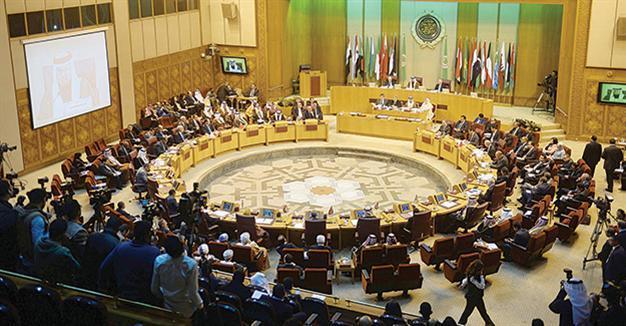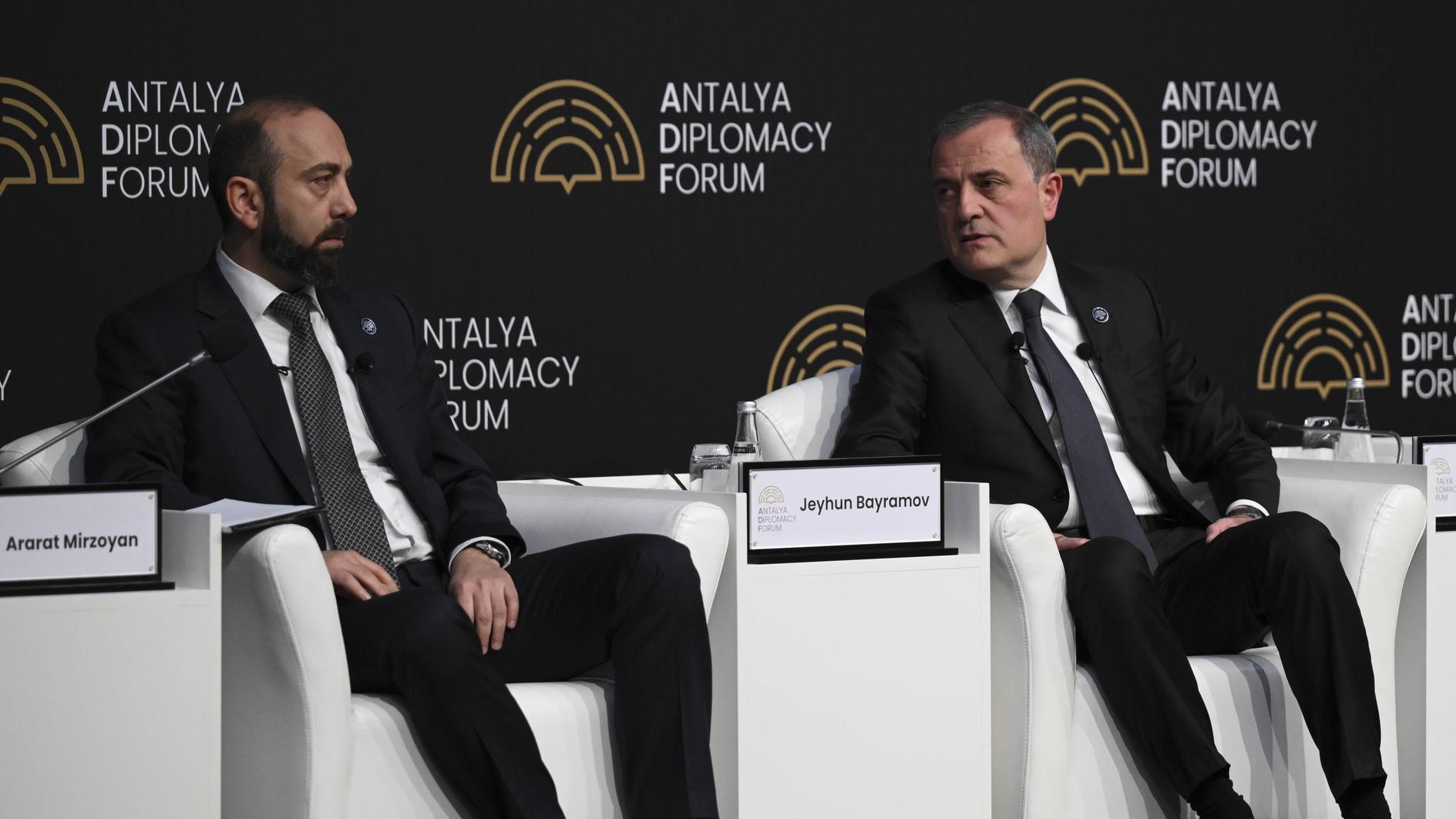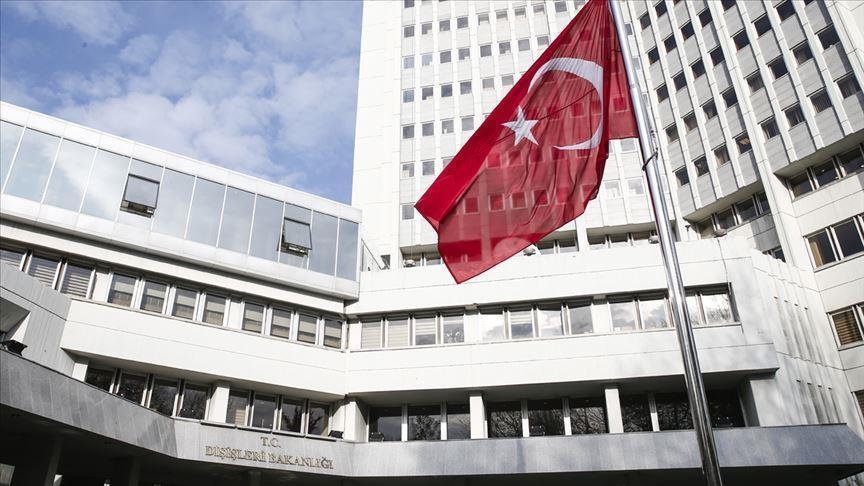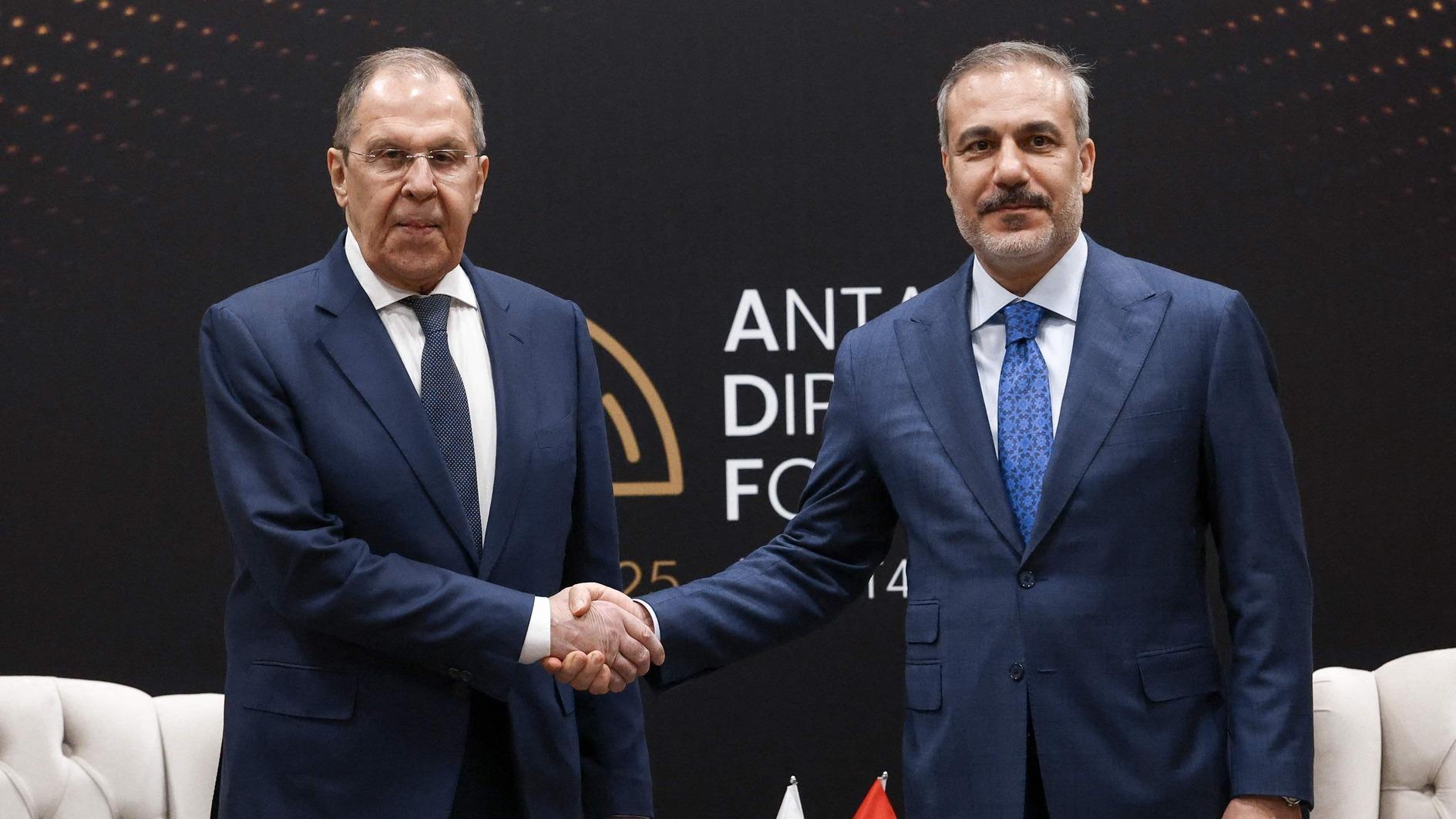Arab League accuses Iran of ‘provocations’
CAIRO - Agence France-Presse

A photo taken on Dec 24, 2015 shows a general view of the Arab League foreign ministers attending an emergency meeting in the Egyptian capital Cairo. AFP Photo
Arab League chief Nabil al-Arabi accused Tehran of “provocative acts” as top Arab diplomats met on Jan. 10 for talks on Saudi Arabia’s diplomatic row with Iran.Arabi was addressing Arab League foreign ministers gathered in Cairo for emergency talks requested by Riyadh on the dispute, which erupted after Saudi Arabia executed prominent Shiite cleric Nimr al-Nimr.
Arabi called on diplomats meeting at the group’s Cairo headquarters to “adopt a strong and clear common position calling on Iran to stop all forms of interference in the affairs of Arab nations.”
Nimr’s execution earlier this month touched off anti-Saudi demonstrations in many Shiite countries including in Iran where demonstrators sacked and set fire to the Saudi embassy.
Riyadh cut diplomatic ties with Shiite-dominated Tehran the day after the attack and was followed by a number of its Sunni Arab allies including Bahrain and Sudan. Other Arab countries downgraded ties or recalled their envoys to Tehran.
The dispute between the Middle East’s dominant Sunni and Shiite powers has raised fears of greater regional instability and concerns for peace efforts in Syria and Yemen, where Saudi Arabia and Iran support opposing sides.
Saudi Foreign Minister Adel al-Jubeir, present at Jan. 10’s talks, denounced Iranian statements “hostile to Saudi Arabia” that he said had “directly driven the attacks” on his country’s diplomatic missions.
“These attacks clearly reflect the approach that the Iranian policy is taking in our Arab region specifically ... with its interference in the affairs of the (region’s) states and instigation of sectarian strife and shaking its security and stability,” said Jubeir.
Meanwhile, Iran’s Foreign Minister Mohammad Javad Zarif on Jan. 10 accused Saudi Arabia of using its row with Tehran to “negatively affect” peace talks on the Syrian conflict.
“Saudi Arabia’s approach is to create tension intended to negatively affect the Syrian crisis,” Zarif said in a foreign ministry statement.
“We will not allow Saudi actions to have a negative impact,” he said. The statement coincided with a visit to Tehran for talks by Staffan de Mistura, the U.N. peace envoy on Syria.
The U.N. Security Council is backing an 18-month plan to end Syria’s nearly five-year war and the roadmap was the result of recently launched international talks aimed at ending the conflict.
Saudi Arabia has “intensified its actions” against Iran, Zarif said, citing an alleged Saudi air strike said to have caused damage at Iran’s embassy in Yemen’s capital Sanaa.
“They hide their negative approach by attacking the Islamic Republic of Iran’s embassy in Sanaa and injuring the personnel of the embassy,” Zarif said.
















